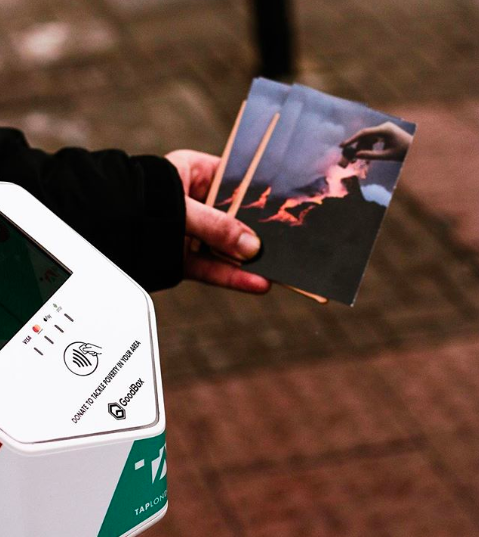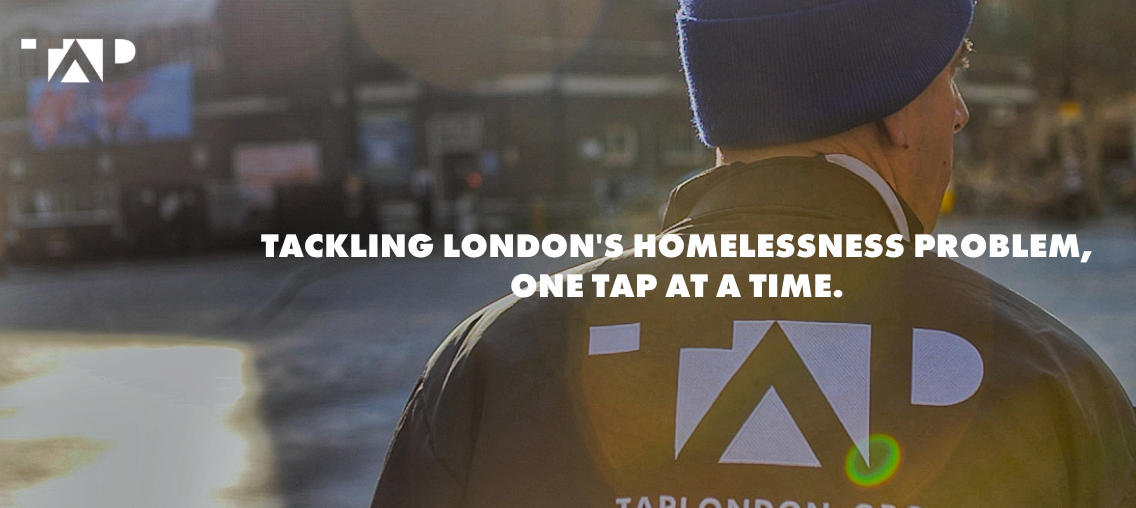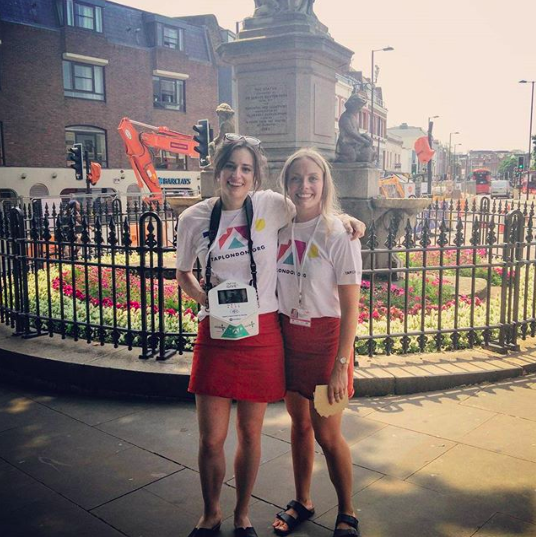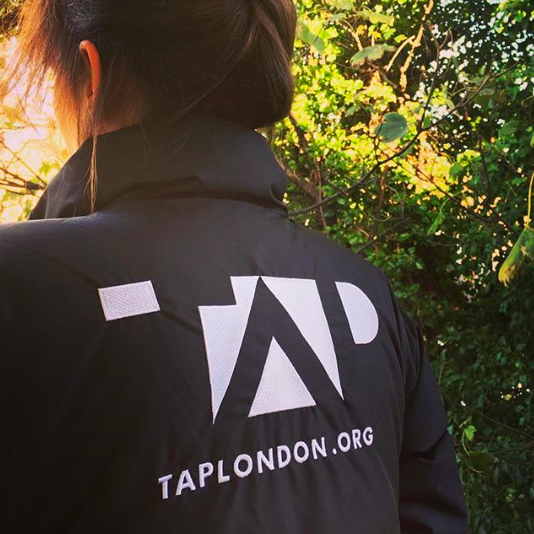Text by Rosie Goddard
2018 has felt like a watershed moment for women, and we haven’t even reached June. Whether it’s protests about pay gaps, the numerous scandals that have come to light or movements like Time’s Up and #MeToo, I feel hopeful that in between the seemingly never-ending setbacks, we’re moving towards a time when women won’t have to second guess their brilliance.
Delving into research for this article was another hopeful moment, as I was struck by the number of women working on innovative tech projects all over the world. It’s something you don’t come across as easily on social media or in day-to-day news, while the exploits of Mark Zuckerberg and co are constantly publicised.
From apps that put you in touch with local beauty businesses in your area to charities using contactless technology to uplift the homeless, powerhouse women are taking their everyday experiences and turning them into viable, boundary-pushing opportunities. It’s our duty to celebrate these women in order to show young girls what’s possible, which is why we reached out to some female founders with inspiring start-up stories to tell.
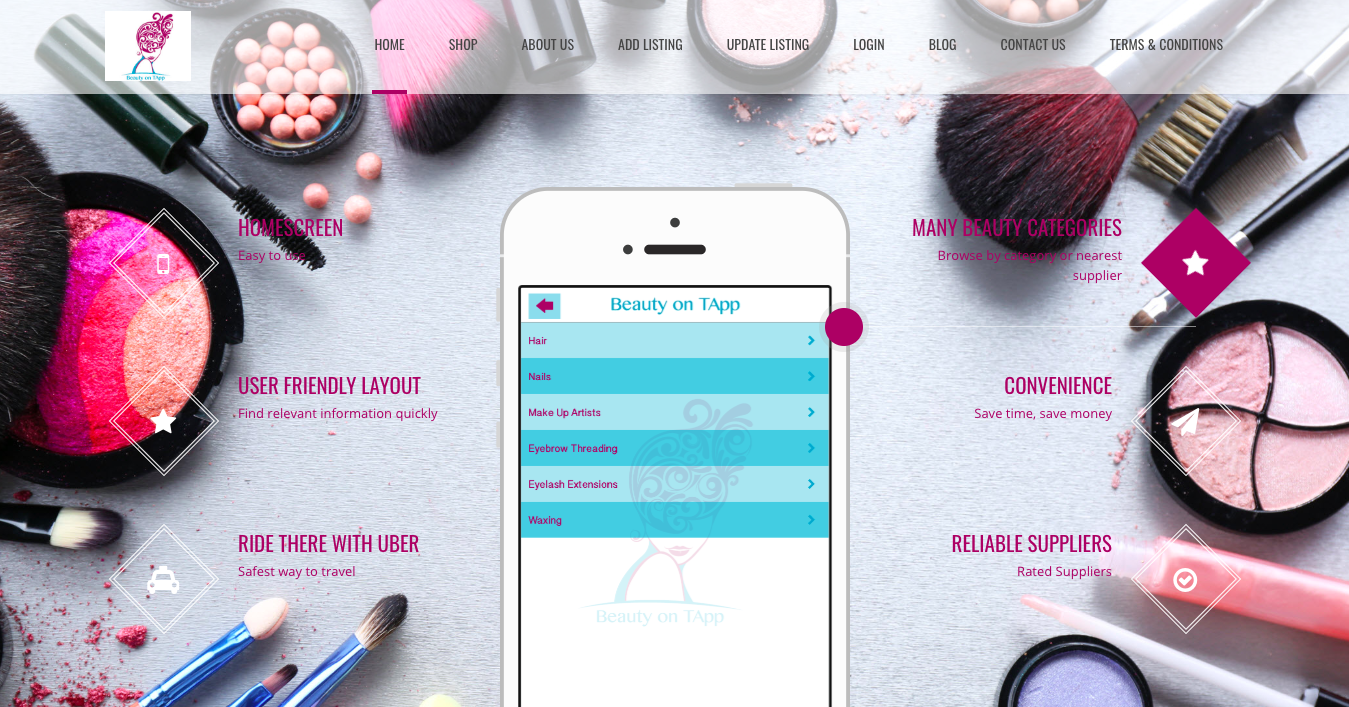
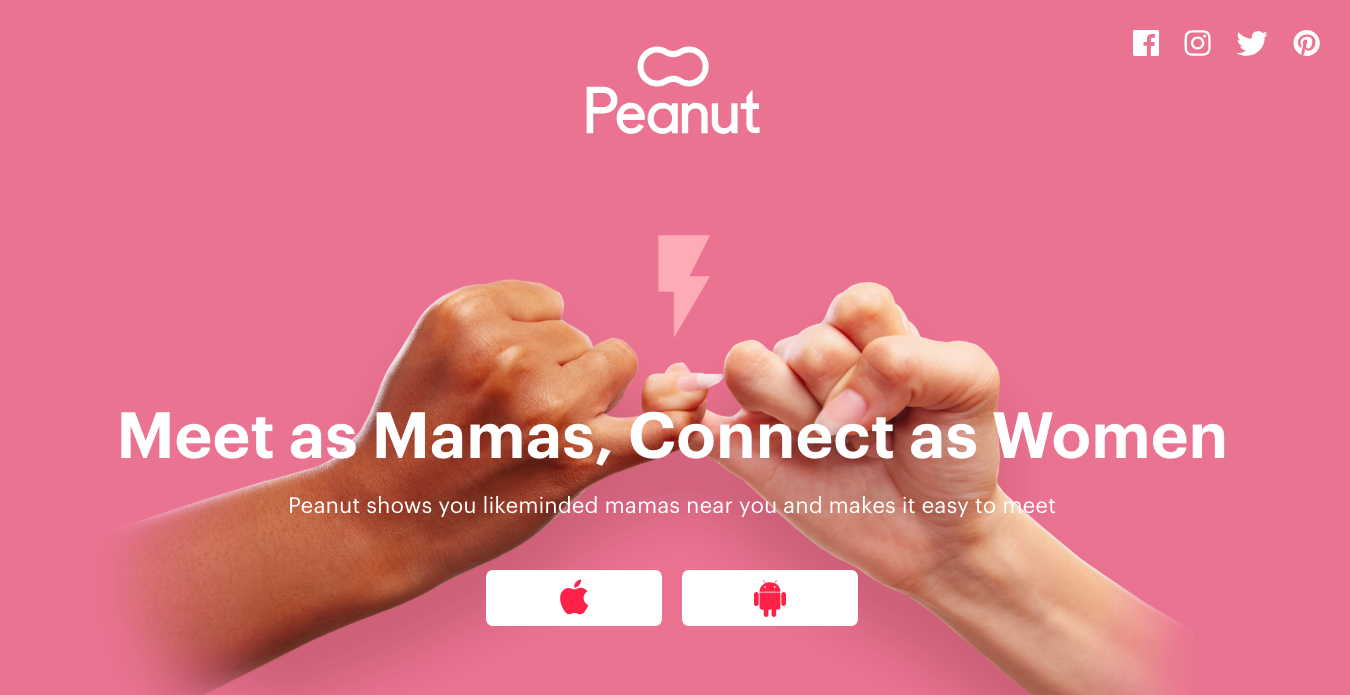
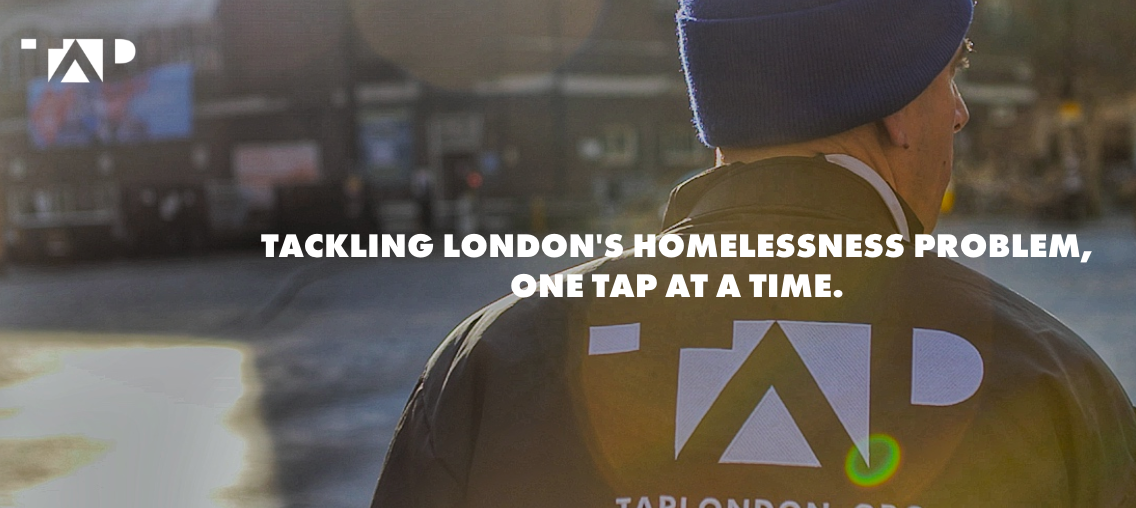
Michelle Kennedy, founder of Peanut
While Michelle Kennedy had already built a successful career for herself in the world of tech (as the director of dating app Bumble and Deputy CEO at Badoo), it was a growing realisation that led to her most recent venture:
“Even though I had lots of friends and was successful, I felt quite isolated as a mother. This was further compounded by the fact that I was working in an industry (dating), where I was producing products people could use to find a match, or a date, and I was struggling to find a woman who was like-minded to go for a coffee with.”
Enter Peanut – a mobile-first, meet-up app for mothers looking to make friends that’s now 300 000 users strong. While various apps existed, the former lawyer says she couldn’t relate to the tone of voice or UI/UX being used. “They felt outdated, old fashioned, and in some cases patronising. I didn’t feel like I’d suddenly aged, or become less modern, less cool, just because I’d become a mother, and yet, the products seemed to have that expectation.”
Peanut attempts to resolve the issue of knowledge sharing in a fragmented social landscape. Until Peanut, there was no central repository for the incredible tips and resource-sharing by mothers (predominantly located on specific Facebook groups or online forums), so she created Peanut Pages too. These use smart algorithms that act as a social barometre for relevant trending topics across the community, connecting women with interests in similar interests and linking directly to their profiles.
“It’s about creating a social platform for women who are mothers, created by a team including mothers – don’t we deserve that? To have our own product for our own vertical which is truly designed for our needs? Not trying to ‘make do’ with other products because this doesn’t exist? The very essence behind Peanut Pages is to enable women to share a page from their book with another woman, on a product and platform for them.”
Her advice?
“There is nothing closed to you! You have options, and you can create opportunities, you just need to be resilient, dogged in your determination, and don’t let anything throw you off path (I suppose that’s the same for any industry!)”
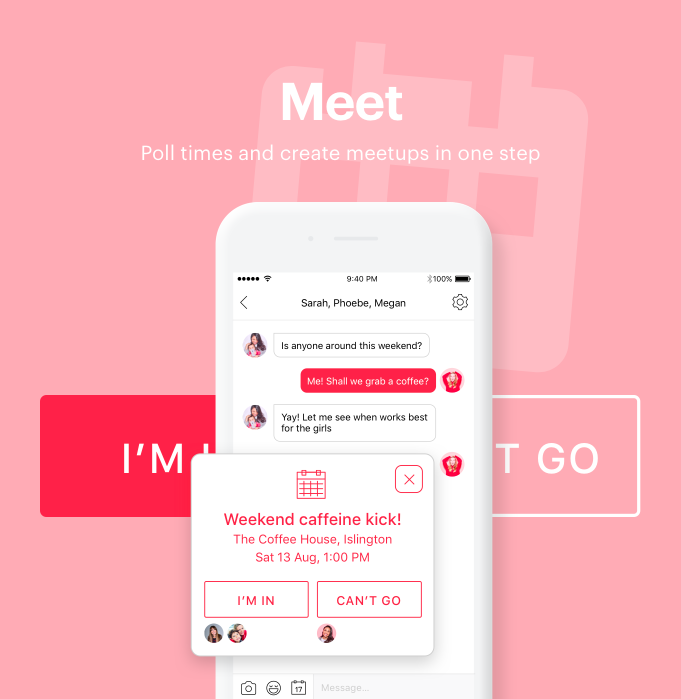

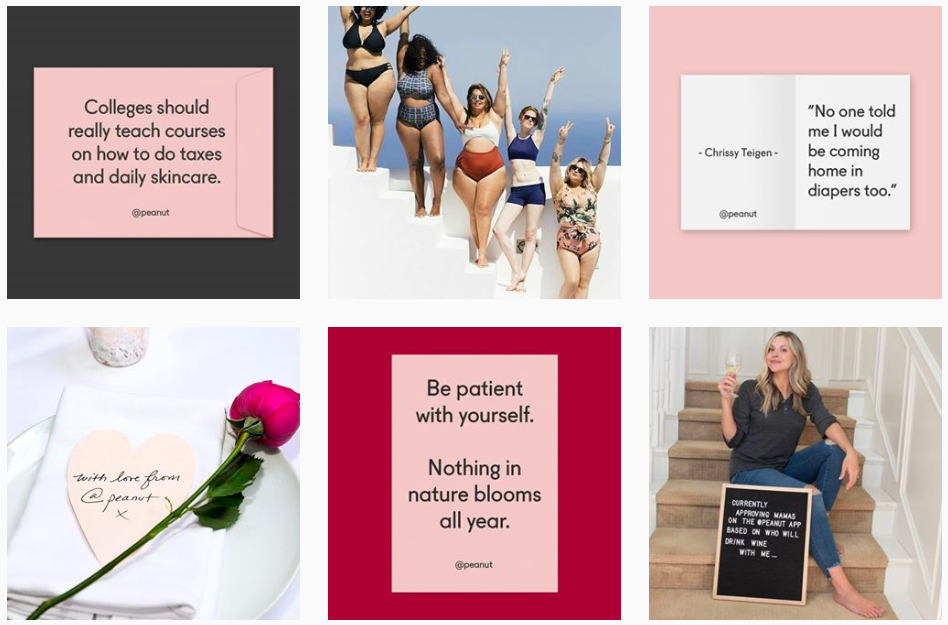
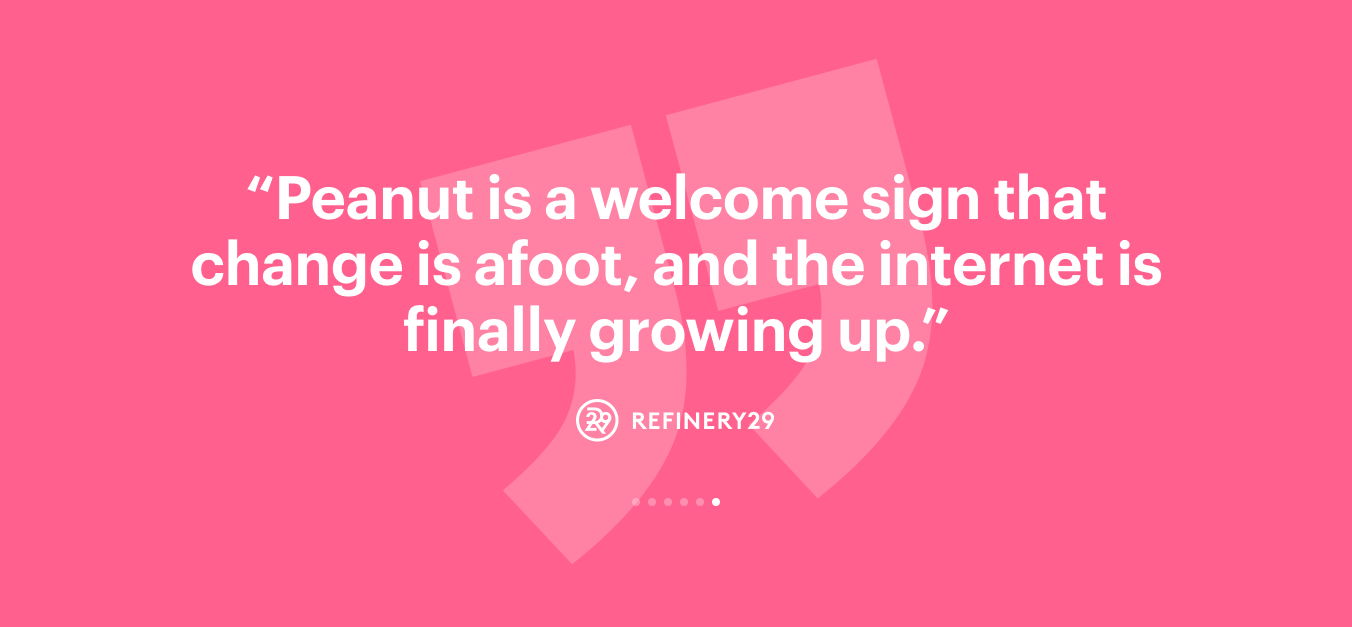
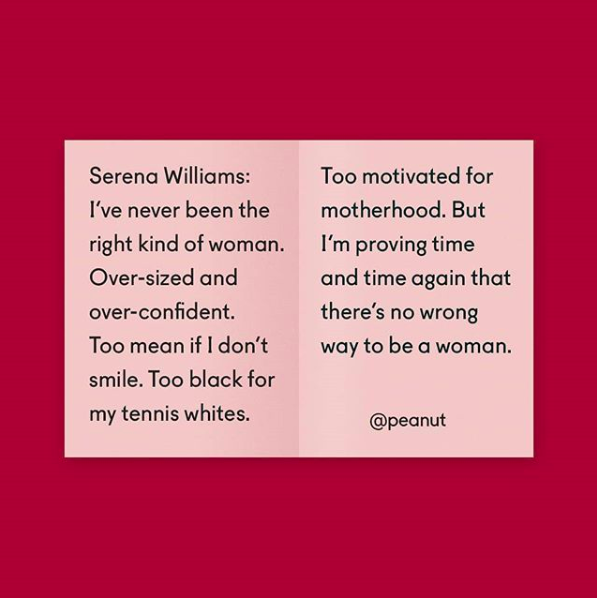
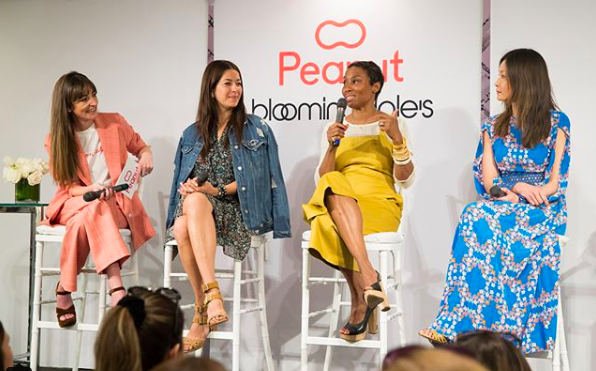
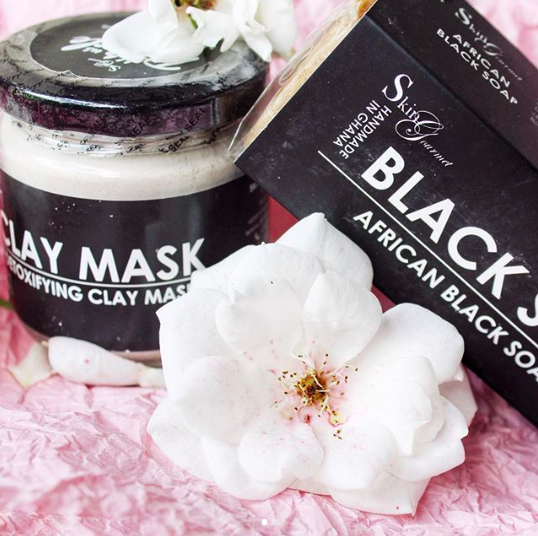

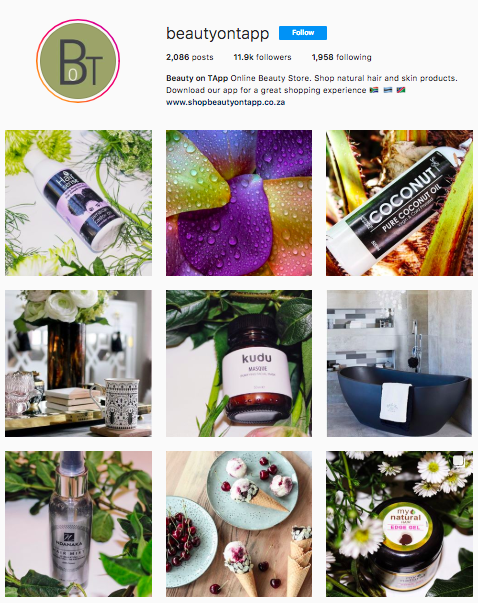
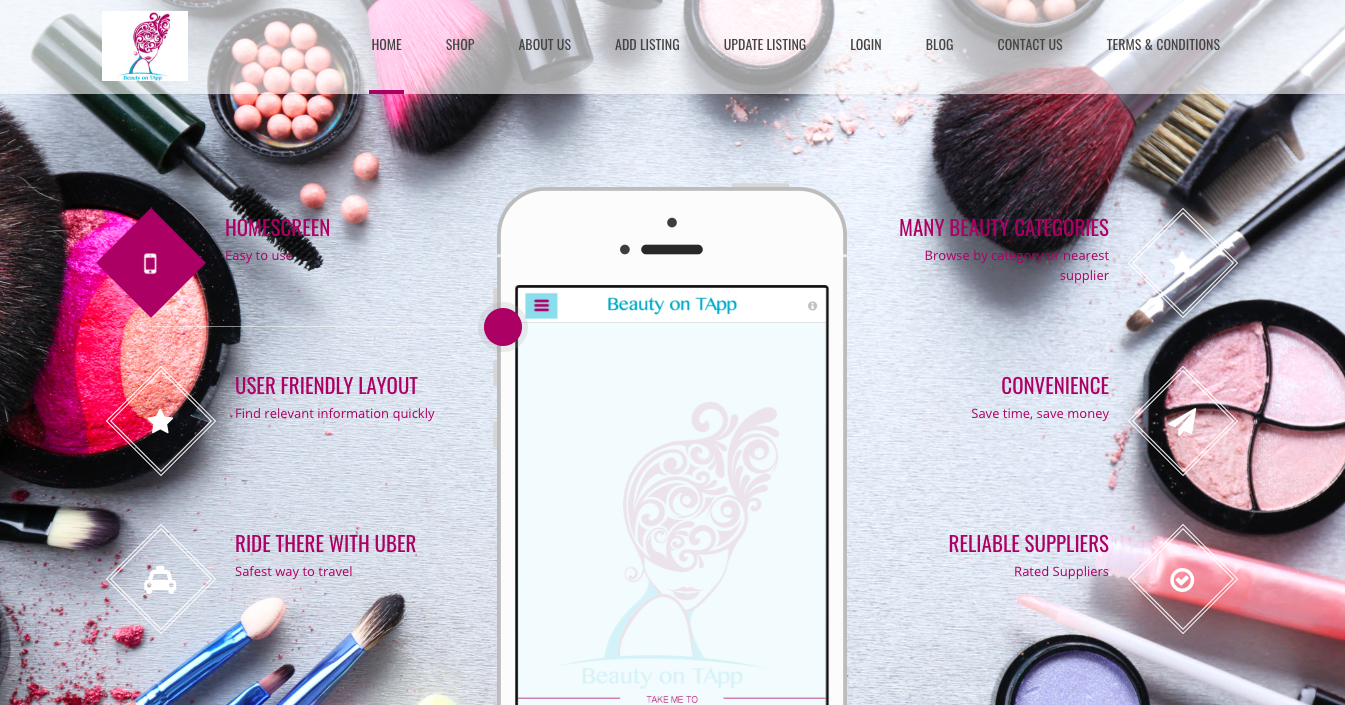
Mathebe Molise, founder of Beauty on TApp, South Africa
Mathebe claims she stumbled into the tech industry. A friend of hers was getting married, and Mathebe couldn’t find a South African mobile application that searched for beauty services in her area. She subsequently went about bringing Beauty on TApp to life while working as a Chartered Accountant at a top South African investment bank by day. Whether it’s how Beauty on TApp connects customers with local businesses, or how Mathebe makes African-made beauty products accessible through her online shop, she’s constantly looking for new ways to disrupt the industry. As a result, Beauty on TApp is becoming the go-to guide for SA beauty services.
Her brand has a dedicated base of followers (11 000 on Instagram and counting), but Mathebe says gaining publicity can feel like an uphill struggle. “People often don’t want to hear about us because a beauty app isn’t seen as a ‘game changer’. But, tech is all about making life convenient and this stems from identifying problems in our daily lives. Women in tech need to be profiled more to build awareness. We see the same kind of apps being profiled – payment apps, food delivery apps and the same kind of person being uplifted, while women aren’t encouraged in this way.”
However, Mathebe is seeing more female coders and developers coming online – a win for Beauty on TApp which pushes for female service providers. This has inspired Mathebe to take action, and she’s given herself until year end to enrol in a coding course.
Her advice? “So often young girls think away that great idea because it will be too difficult or someone has already done it. Engage with people when you have an idea, ask questions and learn. Do it better than the others. I’ve learned so much: I know how to work on a shop site system, I know design and user experience and how to better these. This wouldn’t have been possible if I didn’t take the risk. Don’t sleep on your dreams!”
Polly Gilbert and Katie Whitlock, founders of TAP London
Polly and Katie dreamt up TAP London after an arctic November evening. When buying a hot dog in the early hours, Polly took one to a man sleeping rough near the station. He turned it down, having already had five that night. “We realised how affected by the visible signs of poverty people are,” says Polly, “how generous Londoners are; and just how difficult it was to know the right thing to do. Add London’s move towards a cashless society into the mix, and voila! TAP was born.”
TAP London has brought cutting-edge technology to the sector, which has struggled to adapt to a digital landscape. Using contactless card machines to collect ‘tap’ payments instantly on the side of London’s high streets (85% of the city’s bank cards now allow this one-tap payment process), the TAP London team collect the little donations that all add up – raising funds for other homeless services, employing Londoners experiencing homelessness and educating the public on the reality of poverty in the UK today. Most recently, they’ve collaborated with local artists to create and sell postcards with only a once-off payment required (as opposed to the usual monthly subscription put forward by most charities).
With more than 3000 taps so far and thousands of pounds raised for local grassroots charities, it seems that they’re onto a game changer – with those donating loving the quick and easy, no-commitment mode of giving.
“Although we experience fewer challenges faced by women in pure tech roles, we have certainly had to fight hard to secure funding, support and a spot at certain tables,” says Polly. “Katie and I met with a female founder who had very good, simple advice: Remember that you are the CEO of your company, so even if another organisation is huge (or their offices are super swanky) you always go to the top. That confidence has been something we have clung to at times we have been infantilised as young women”.
Their advice?
Katie: You can read all of the books, watch every TED talk, and get the best mentors but you’ll likely never feel totally ready. The most important thing is that you have faith in yourself to rise to the challenges ahead, and to learn by doing.
Polly: Maintain a sense of playful curiosity. By that I don’t mean treat work as a ball-pit – you must still be rigorous and diligent – but don’t let yourself become so terrified by the perceived seriousness of each decision that you stagnate. As Katie said – you must learn by doing, so get cracking.
